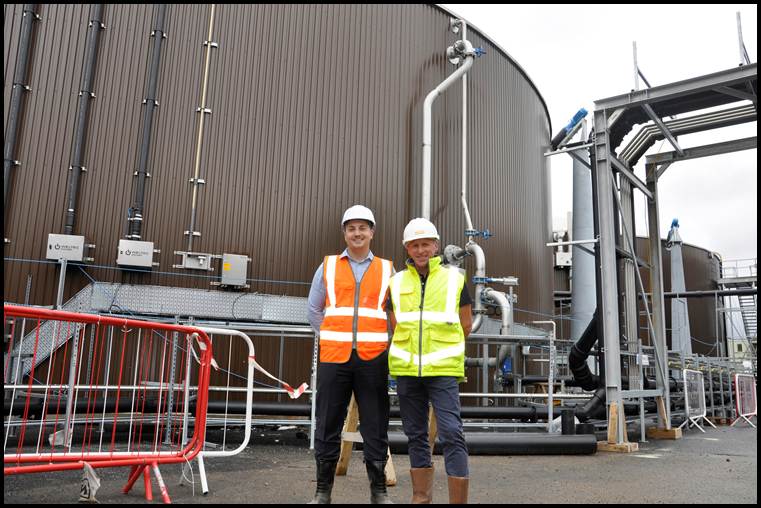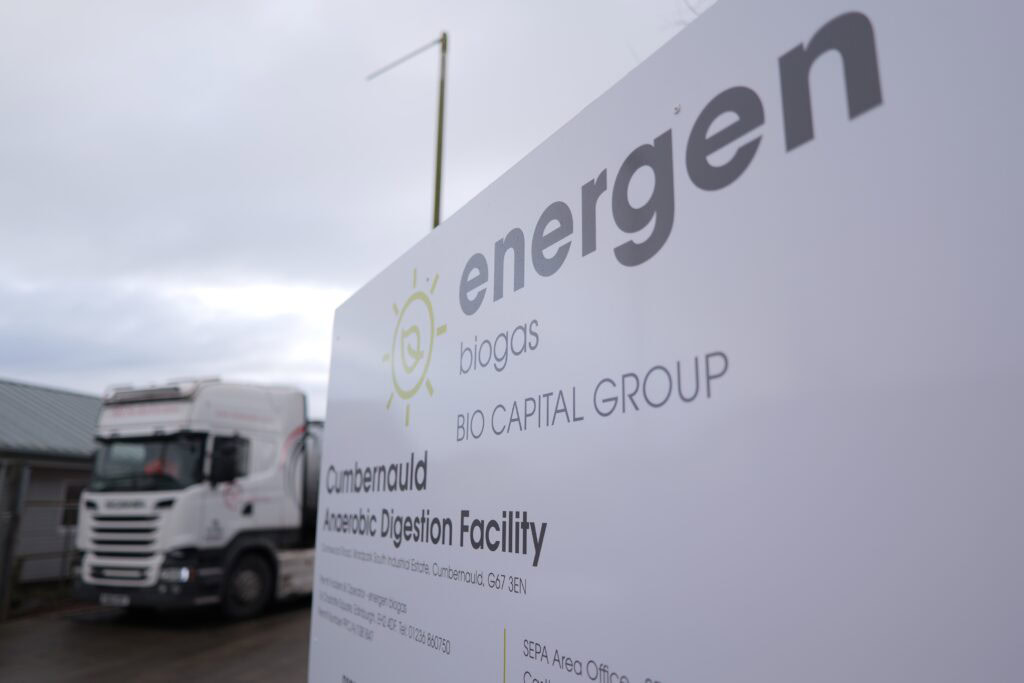The Taunton-based waste firm, which already runs three in-vessel composting sites in Devon and Somerset as well as three open windrow composting sites in Somerset, is already developing firm plans for a new in-vessel facility at Great Torrington, Devon.
” It is the only way we will be able to keep pace with the demand for compost as we have already got a year-long waiting list. “
– Richard Griffith, Viridor
It is also considering further sites in Torquay and Plymouth, which would use state-of-the-art technology to compost both kitchen and garden waste collected in the South West.
Demand
The move follows a huge demand for compost seen from farmers in the region, where there is a particular need for extra nutrients for the soils.
Viridor produces around 40,000 tonnes of compost each year at in-vessel facilities in Dimmer, Somerset, and at Uffculme and Heathfield in Devon. But the company has already sold out of its compost a full year in advance.
Richard Griffith, organics sales manager at Viridor Waste Management, said: “One facility is planned for Great Torrington and we are in preliminary talks with Torquay and Plymouth. It is the only way we will be able to keep pace with the demand for compost as we have already got a year-long waiting list.”
Peter House, who farms 800 acres of land just outside Thornton, explained that the compost had saved him money on fertiliser while improving the soil's condition (tilth) – especially after the second and third years of use.
He said: “Now we can actually measure how much less fertiliser we have to spread, as the compost feeds the plants so well and we have seen such healthy crops. Also, we are using less fuel to plough the soil as the compost has opened up the structure and increased the soil's tilth.”
Nutrients
Since the soil conditioner made from organic waste contains high levels of pot ash, it has also proved attractive to potato farmers in the area, including those serving big customers such as Walkers, because potatoes need the nutrients to grow.
Mr Griffith said: “It is a natural product and I think people are now coming round to the idea that this is the way forward. We are now hopeful that in-vessel food-based compost will be classified as organic, so that we can serve the growing number of organic farmers in the region.”
| Related links: |
Collections
Food waste from around 30% of households in Somerset and Devon is treated at the Viridor facilities, complying with the Animal By-Product Regulations to ensure the end product is free of potentially harmful pathogens.
Some of this material is treated under Viridor's long-term waste disposal and treatment contract with Somerset county council (see letsrecycle.com story).







Subscribe for free